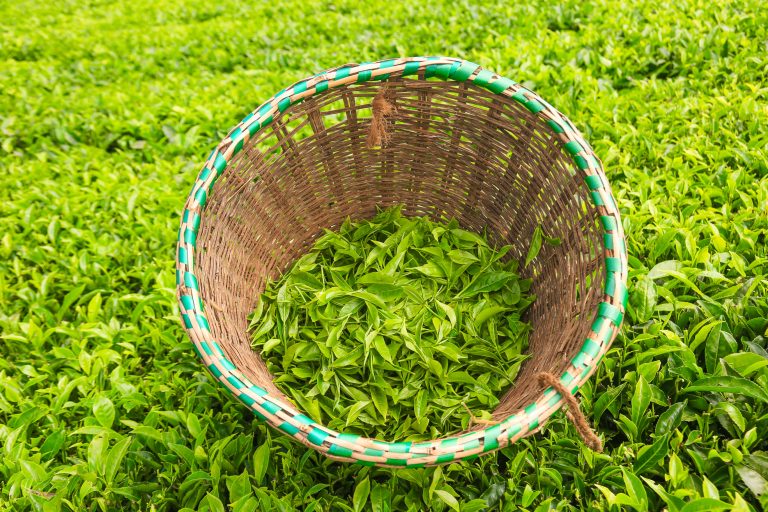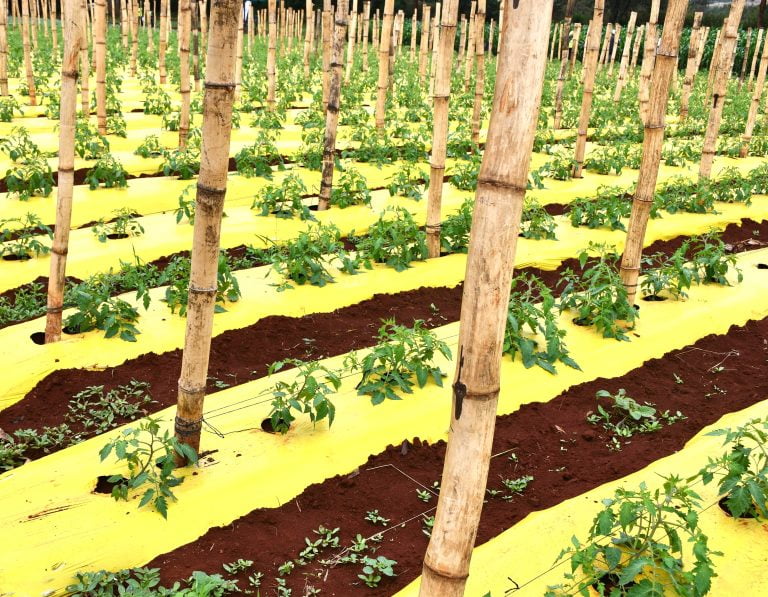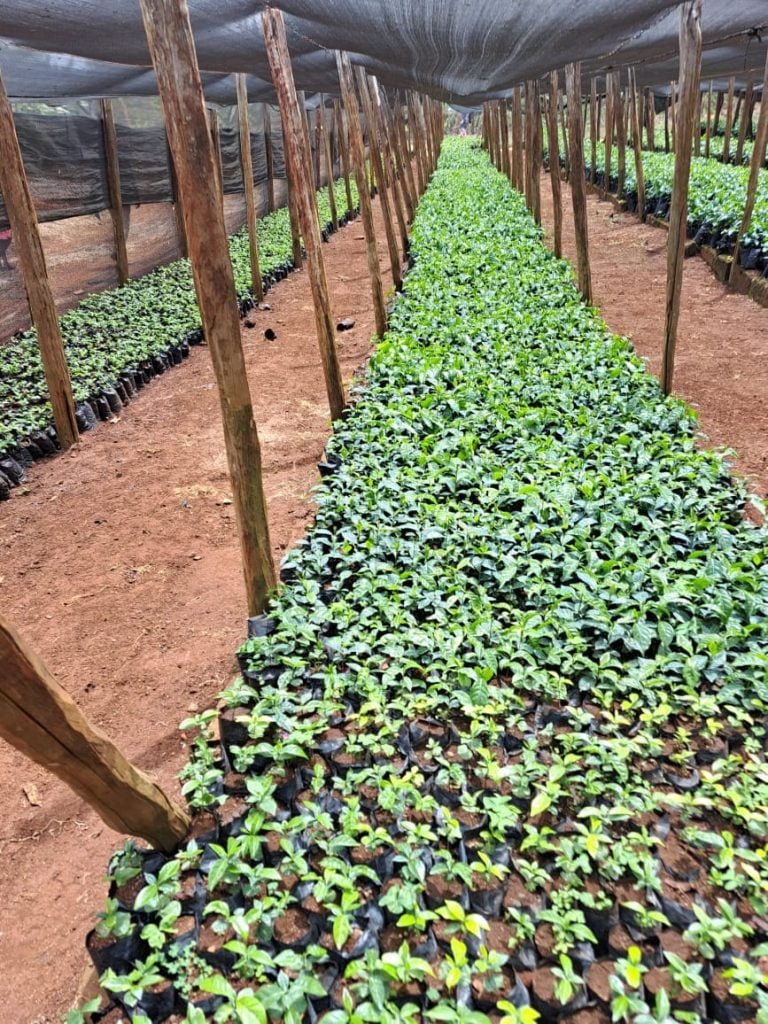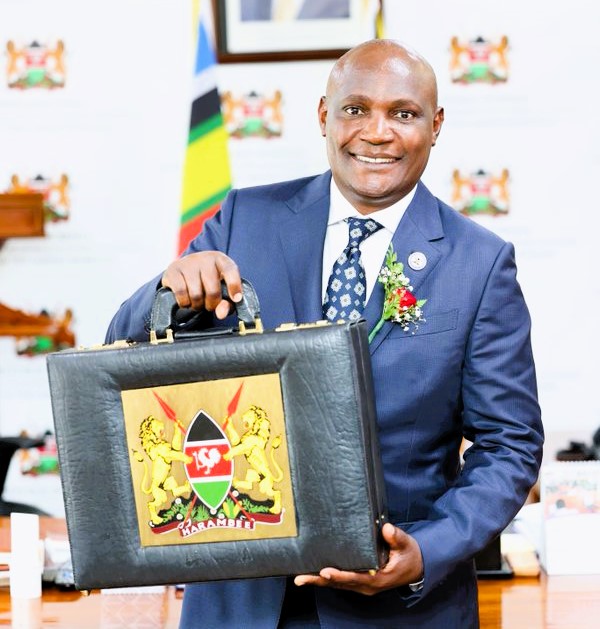Recently, there have been cries from farmers stuck with farm produce they cannot sell after being duped by buyers to plant for them. Sometimes it may be a new crop in an area, that is said to attract a good price and a buyer says he/she can’t meet the demand by the consumers. The buyer then says more farmers are needed to grow the crop and one just needs to buy the seeds and in turn commits to buying all the produce from the farmers. When the produce is ready, the buyer disappears.
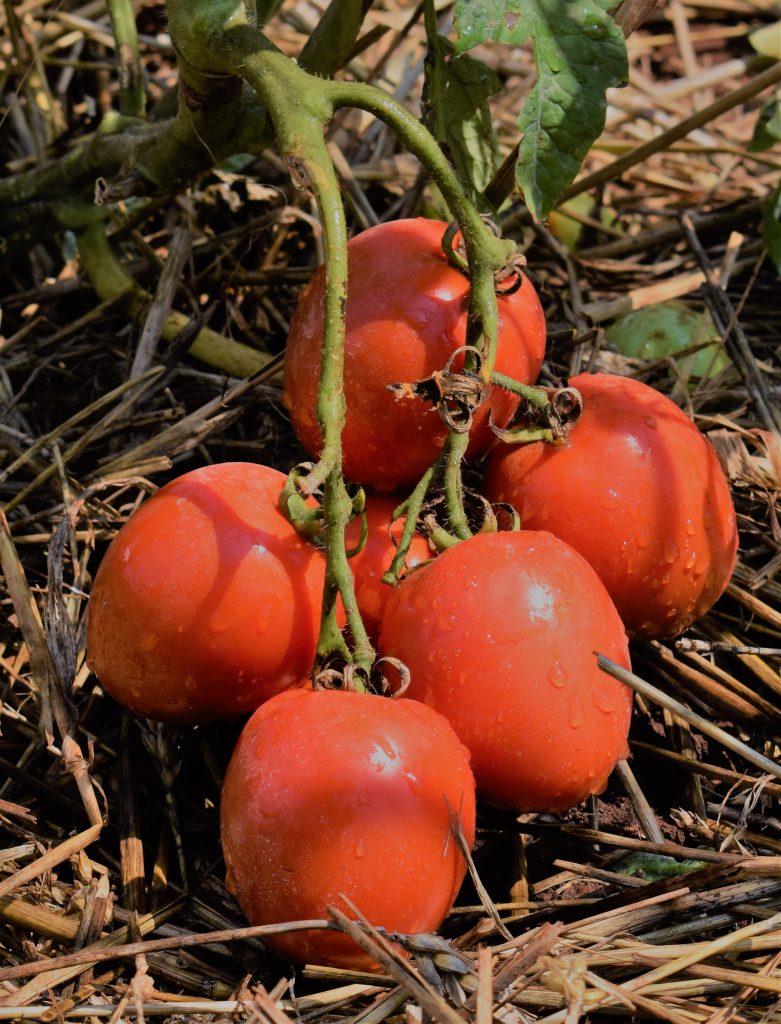
This is an informal way of contract farming that often leaves farmers with losses. In the example above, the buyer just wanted to sell seeds to the farmers and then disappears to find another group. Contract farming has advantages if practised the right way. There are companies engaging farmers in contract farming where there is mutual benefit. Some buyers of agricultural produce turn to contract farming so that they can get enough good quality produce for their customers like supermarkets, restaurants, hotels, schools, hospitals etc. Companies processing agricultural products are interested in contracting farmers, to secure a regular supply of raw materials that meet their needs in terms of quality and quantity. Where a buyer has to meet some specifications given by a customer, it is easy to achieve this through contracting farmers as this will be one of the details in the agreement. Examples of these specifications may be on chemicals used including quantities, whether the produce should be farmed organically etc. Some customers insist that child labour should not be used in farms where the produce they buy are produced.
Contract farming enables farmers to know in advance when, to whom and at what price they will sell their products. This removes the unpredictability of markets, helping them to make better plans in their farming. Other benefits include reducing the risks associated with inconsistent prices, can also help protect farmers against losses associated with natural disasters and climate change as these risks can be shared with the buyer under a contract. Where buyers provide access to inputs including finance and technical assistance, the partnership can lead to significantly increased harvests and profits.
So, what should be included in the agreement between farmers and buyers? The important part of contract farming is an agreement between farmers and buyers. Both parties agree in advance on the terms and conditions pertaining to the production and marketing of farm products. The details included in the agreement usually specify the price to be paid to the farmer, the quantity and quality of the product demanded by the buyer, and the date the farmer is set to deliver to the buyer. Also in the contract mostly are details on how the production will be carried out, if any inputs such as seeds, fertilizers and technical advice will be provided by the buyer.
Contract farming may not be suitable for all farmers and buyers and may not apply to all crops. Contract farming agreements are legally binding and farmers and buyers should be aware that by signing a contract they become legally responsible for what is written in it. Therefore, both parties should analyze the advantages and disadvantages of the partnership before signing an agreement.
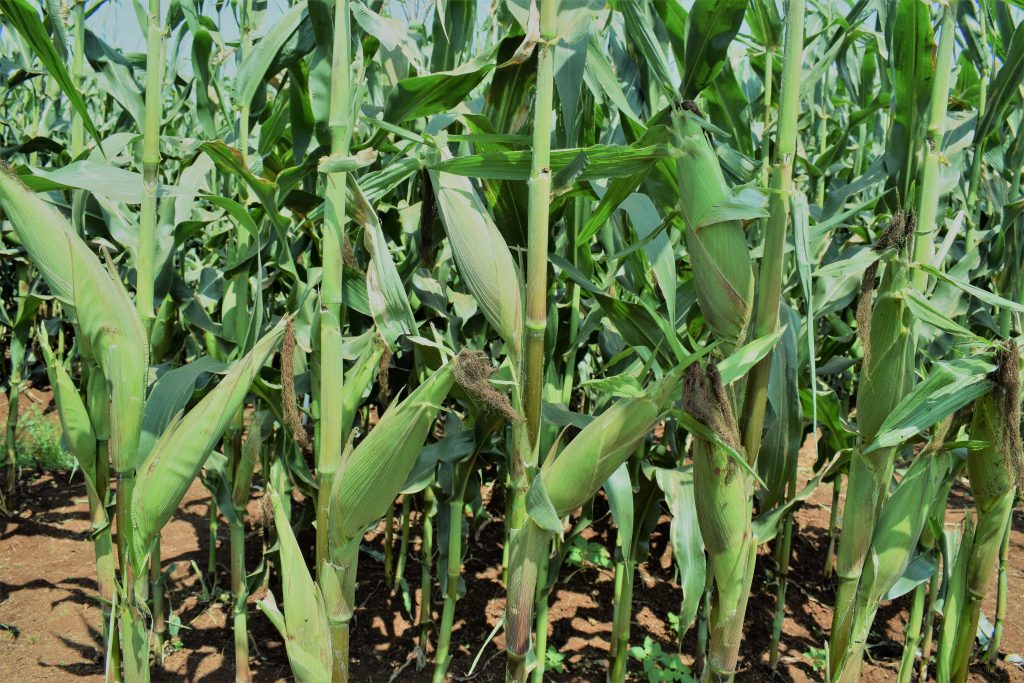
Farmers should understand well all the conditions they are about to agree to. They should ask questions and request changes to certain clauses related to pricing, quality, payment and product delivery if they seem unfair or impossible to achieve. The signing of the contract should only take place after a full agreement on all the conditions has been reached and the negotiation phase is completed. The clauses in a contract are usually written in confusing technical and legal terms and some smallholder farmers may not understand it. Therefore, asking questions and negotiating with a buyer on their own may be hard. At this juncture, a trusted person may come in handy to help them. This can be their leader, a government agricultural officer or a person from a non-governmental organization.
Generally, a contract farming agreement contains:
- The parties
- The purpose. Reason for the contract, & name of the commodity to be produced.
- The production site. Size and location of the farming area should be specified in as much detail as possible. Where land is leased or rented, evidence of land-use agreements should be provided and, sometimes, the owner’s approval may be required.
- Obligations of the parties will describe what the farmer is expected to produce and how it should be delivered, and what support the buyer is required to provide. If the buyer is to provide inputs and/or technical assistance, this may be included here or in a separate section.
- Price and payment, explaining the price to be paid or how it will be calculated, as well as when and where payment will take place.
- Input provision, including a specific description of the inputs provided by the buyer and when and where they will be delivered, and how repayment by the farmer will be calculated and made.
- Third parties, describing the relationships with others who may contribute to the contract’s success are described here. This may include financial institutions such as banks, saccos or quality assurance certification bodies.
- Excuses, defining an acceptable explanation for failing to comply with the contract, such as unforeseeable circumstances, can be included in this section.
- Remedies including a description of ways in which one party can be compensated for the failure of the other to meet its obligations.
- Duration, renewal and termination, gives details of how long the contract is for, arrangements for extension or renewal, and how and why it can be ended.
- Dispute resolution introduces ways of addressing potential disagreements between buyers and farmers.
- Signatures, where the parties should sign, ideally in the presence of witnesses.
It is good to note that contracts work well where communication and trust exist between the parties. Where they can’t be built, it is hard to build a relationship.






